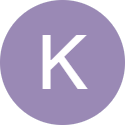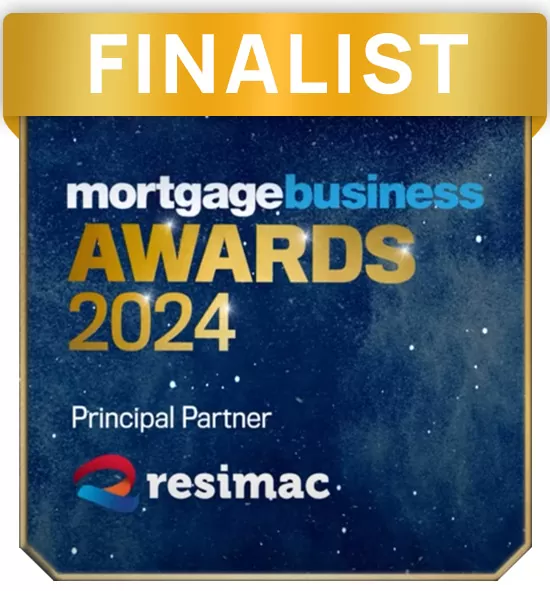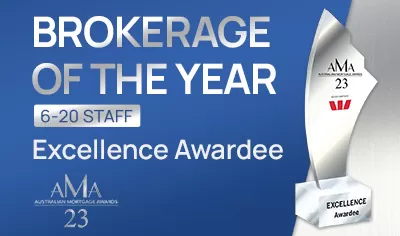Reverse Mortgage interest rates
Interest rates and lenders
Loan A
*7.35%
App Fee: $950
7.38% CCR
From age: 60
Mthly Fee: $0
*T & C's apply for the rate advertised
Loan B
9.00%
App Fee: $900
9.03% CCR
From age: 55
Mthly Fee: $0
Loan C
8.50%
App Fee: $995
8.58% CCR
From age: 65
Mthly Fee: $0
Loan D
8.45%
App Fee: $995
8.48% CCR
From age: 55
Mthly Fee: $0
Check your eligibility for lenders
As your mortgage broker, we will review offers from a pool of Reverse Mortgage lenders and advise you on the loan offer which makes the most financial sense for you. We will act as an intermediary between you and the lender helping you along the way. We will compare the interest rates and other fees associated with the mortgage loan to make sure you have the best deal.
Latest Reverse Mortgage rates
The table (above) contains the latest Reverse Mortgage interest rates. Use the form to make an enquiry and find out which interest rate you qualify for.
Like any other loan, interest will be charged on your Reverse Mortgage. The interest is calculated daily at the applicable published variable market rate, and is charged out monthly in arrears. This means any monthly interest cost will be added to the loan balance each month (unless you make a voluntary payment).
The interest rate on your Reverse Mortgage loan will vary depending on your chosen lender. All accumulated interest, fees and charges are repaid when the property is sold.
In the past, lenders offered a range of different interest rate options such as fixed, capped, and variable. But today, there are only variable interest rates available for Reverse Mortgage loans.
With a variable rate, a Reverse Mortgage may come with flexible repayment options and you may not be charged for making extra repayments. This may allow you to repay the loan faster. Reverse Mortgage on variable rates may also include offset accounts or redraw facilities.
In comparison to home loan interest rates, Reverse Mortgages rates are typically one or two percentage points higher. This is because with Reverse Mortgage loans there is no requirement for principal reduction (regular, ongoing principal and interest repayments). That is, lenders will not get any of their capital back for many years, or even decades. This adds to their funding costs, which therefore results in a higher retail interest rate payable by the borrower.
Bear in mind that the interest charges will compound monthly, with the interest charged on previous interest amounts that have been capitalised into the loan. Hence, you should make sure that you are using a Reverse Mortgage calculator that will consider this compounding effect.
For example, if you borrow $50,000 against your home at age 70 on an interest rate of 6.27%, the loan balance could increase to $90,000 when you are 80 and have not made any repayments. This doesn’t include the upfront charges, closing costs or other fees that may accrue.
The Reverse Mortgage rate of interest on your loan is important, but it is only one factor of many that will determine the overall cost. Other factors include: whether you draw the funds as a lump sum, cash reserve or a regular instalment plan; any ongoing Reverse Mortgage fees; and your ‘longevity risk’ – how long you will need the Reverse Mortgage loan for.
Consult a Seniors First Reverse Mortgage broker to fully understand the interest charges associated with this credit product. Our team will help find your lowest rate from our panel of lenders.
What our clients say...
Frequently asked questions
Seniors First Reverse Mortgages are flexible, and you can repay the loan early without penalty and charges.
With a Seniors First Reverse Mortgage, you are not required to make regular repayments. The total loan amount, including interests, can be repaid when you pass away, move into long-term care, sell your property, or move out permanently from your home.
The loan will be repaid from the sale proceeds of your home and the balance will be retained by you or your estate.
You may take the funds either as a lump sum, a regular income stream, a cash reserve or a combination depending on your preferences or needs.







